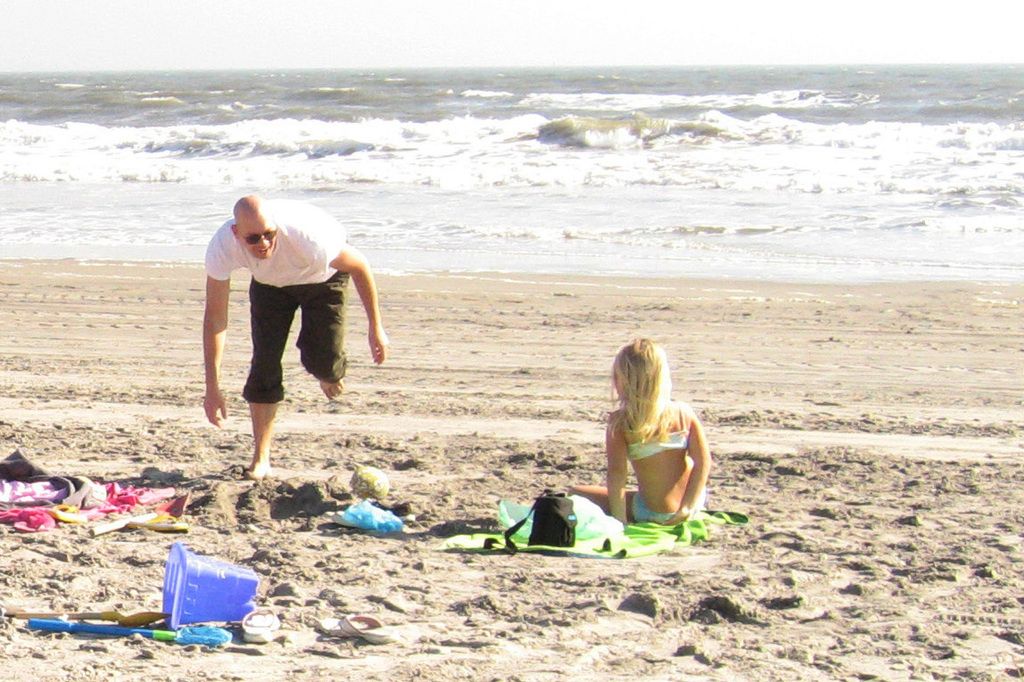Macau targets decreasing gambling dependency issues
Macau Commits to €4.2 Billion Infrastructure overhaul for Economic Diversification
Macau's Chief Executive, Sam Hou Fai, has announced a series of major projects worth 4.2 billion euros, aiming to reduce the city's reliance on the gambling sector. Currently, the casino industry contributes around 80% of Macau's tax revenues, a position the administration deems unsustainable in the face of growing competition and international challenges.
As a Special Administrative Region of China, Macau enjoys significant autonomy, enabling it to handle its own legal system, monetary policy, and international agreements. Located within the Greater Bay Area, Macau benefits from privileged status as a free port and enjoys special regulations in the Hengqin Cooperation Zone.
The unveiled projects include the University City Hengqin, an international cultural and tourism quarter, airport expansion, and the development of a technology park. Each project is part of a long-term strategy geared towards promoting "moderate economic diversification," as outlined in the five-year plan and President Xi Jinping's guidelines.
Education for the New Economy:The University City Hengqin, slated to receive nearly 200 billion MOP (approximately 22 billion euros), intends to establish a modern hub for higher education. This inclusive campus will house the University of Macau and, in a second phase, the University of Tourism, training highly skilled professionals in tourism, leisure, and international cooperation.
Cultural Marvel and Tourism Boost:An international cultural and tourism quarter, budgeted at 120 billion MOP (approximately 13.2 billion euros), will be constructed on land between the Macau Peninsula and Taipa. Key attractions will include a National Museum, an international center for performing arts, and a Museum of Modern Art, aimed at showcasing Macau as a leading cultural hub in Asia.
Airport Transformation:Macau International Airport's expansion, costing 60 billion MOP (around 6.6 billion euros), includes plans for runway extensions and airport infrastructure upgrades. The goal is to establish Macau as an international aviation hub on the western Pearl River Delta, expanding its appeal to a broader range of tourists and businesses.
Technological Excellence:The Macau Technology R&D Industrial Park aims to draw in research centers from international corporations, offering customized infrastructure and support mechanisms to fuel technological innovation and high-value industries.
To bolster these projects, Sam announced new civil and economic regulations tailored to the Hengqin cooperation zone - measures designed to enhance legal certainty, predictability, and stability for investors.
Macau must strengthen its connections with neighboring cities and promote real economic activities in Hengqin, currently underutilized in terms of business development, to offset increasing competition in tourism and gaming. integrating research park into the Greater Bay Area network and positioning Macau as a platform for technological excellence.
What is the focus of the Macau Technology R&D Industrial Park? It aims to draw in research centers from international corporations, offering customized infrastructure and support mechanisms to fuel technological innovation and high-value industries.
With the development of a technology park, Macau aspires to integrate research parks into the Greater Bay Area network and position itself as a platform for technological excellence.










